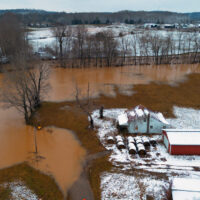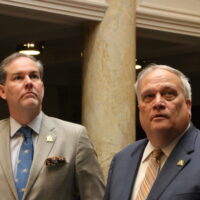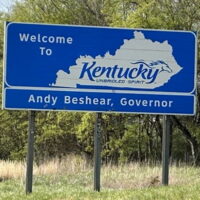FRANKFORT, Ky. — Republicans in the Kentucky Senate advanced a bill Friday that would limit state regulation of water pollution to a weakened federal standard as GOP lawmakers said industries from housing development to coal mining need bureaucratic relief.
The minority of Democrats in the GOP-controlled chamber who opposed Senate Bill 89 echoed strong concerns from environmental groups that the legislation could open the door to more pollution of groundwater, wetlands and small headwater streams across the state.
SB 89 passed the Senate 30-5, with all Republicans and one Democrat, Sen. Robin Webb, D-Grayson, voting in favor. Webb said sportsmen’s groups had expressed concerns about the bill but that she supported the legislation’s premise of removing barriers to industry.
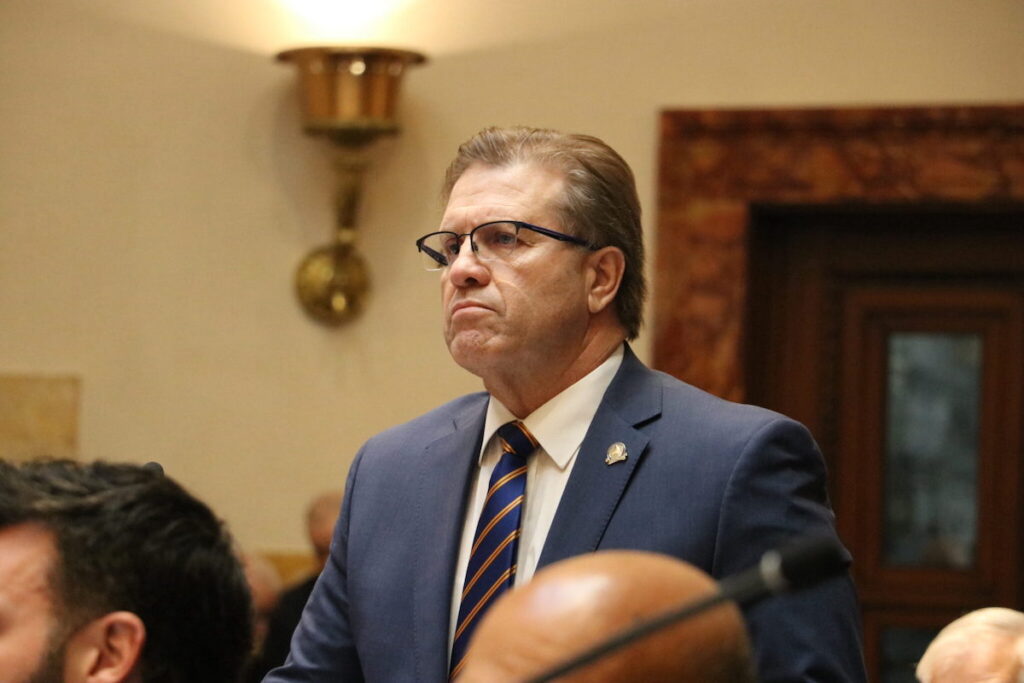
Sen. Scott Madon, R-Pineville, the bill’s primary sponsor, reiterated his criticism of “government overreach” by the state’s environmental protection cabinet in its decisions about coal-industry permits.
“God put coal under our feet so that we can use it. It’s one of the greatest natural resources, and it’s our job to push back on unelected bureaucrats,” Madon said on the Senate floor.
SB 89 changes the definition of regulated “waters of the commonwealth” to a significantly narrowed federal standard.
A U.S. Supreme Court ruling in 2023 drastically cut the federal government’s ability to regulate bodies of water and wetlands; it led to the Biden administration weakening federal rules on water pollution.
The bill changes the definition of regulated state waters by removing “all rivers, streams, creeks, lakes, ponds, impounding reservoirs, springs, wells, marshes, and all other bodies of surface or underground water, natural or artificial.” The definition would be changed to directly refer to the federal definition of “navigable waters.” The bill also designates bonding requirements for coal companies seeking permits for long-term treatment of water leaving mine sites.
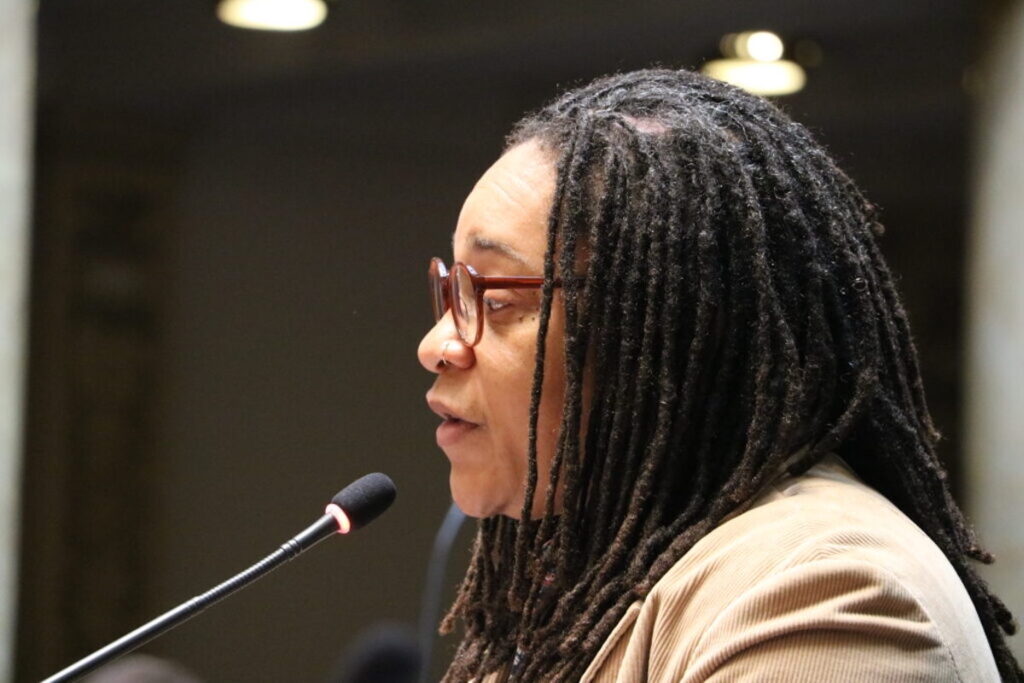
Sen. Keturah Herron, D-Louisville, who voted against the legislation, said she understood coal’s role in the state but was worried about broad, unintended consequences the bill would have on water quality, specifically groundwater across the state.
“I hope that we can work together to find solutions that are a little bit more narrow that will assist and help the energy, the coal industry but will also make sure that all waters in Kentucky are protected,” Herron said.
Sen. Steve West, R-Paris, said the “fight” over the federal Clean Water Act’s reach has been going on for “years and decades.” Litigation has stretched over decades as various federal administrations have defined “waters of the United States” in more expansive or restrictive terms.
West characterized the bill as moving the state from more expansive protections for water to the current federal standard, regulation that, he said, impacts not just coal mining but also agriculture and construction.
“The way it stands now,” West said, “government can roll into your farm, roll into your construction site at any time and write you up because something went” into a ditch.
West said he shared concerns about potential impacts to groundwater but that those concerns could be addressed in an amendment to the bill or another bill yet to be filed.
Senate President Robert Stivers, R-Manchester, on the Senate floor said he brought the issue to Madon when the freshman senator was elected last fall. But Stivers said that the issues originally came to his attention from LaJuana Wilcher, a former secretary of the state’s environmental protection cabinet under former Republican Gov. Ernie Fletcher who also served as the assistant administrator for water in the U.S. Environmental Protection Agency under President Geroge H.W. Bush.
“She came to me not because of coal but because of business interest and farmers’ interest in south, southern central Kentucky,” Stivers said, criticizing the notion that the bill was supported primarily by coal interests. “This is a good piece of legislation, and it needs to be passed.”
Wilcher, a partner at the law firm English Lucas Priest & Owsley, LLP and a supervisor for the Warren County Soil and Water Conservation District, did not immediately respond to an email asking about her involvement with the legislation.
According to a fact sheet from the Kentucky Geological Survey, more than 1.5 million Kentuckians are served by over 100 public water systems that rely on groundwater, and about 416,000 Kentuckians use water wells or springs. The U.S. Environmental Protection Agency previously estimated that of Kentucky’s 79,752 miles of streams and rivers, about 65% of them are ephemeral or intermittent.
This article is republished under a Creative Commons license from Kentucky Lantern, which is part of States Newsroom, a network of news bureaus supported by grants and a coalition of donors as a 501c(3) public charity. Kentucky Lantern maintains editorial independence. Contact Editor Jamie Lucke for questions: info@kentuckylantern.com. Follow Kentucky Lantern on Facebook and Twitter.
Liam Niemeyer covers government and policy in Kentucky and its impacts throughout the Commonwealth for the Kentucky Lantern. He most recently spent four years reporting award-winning stories for WKMS Public Radio in Murray.


